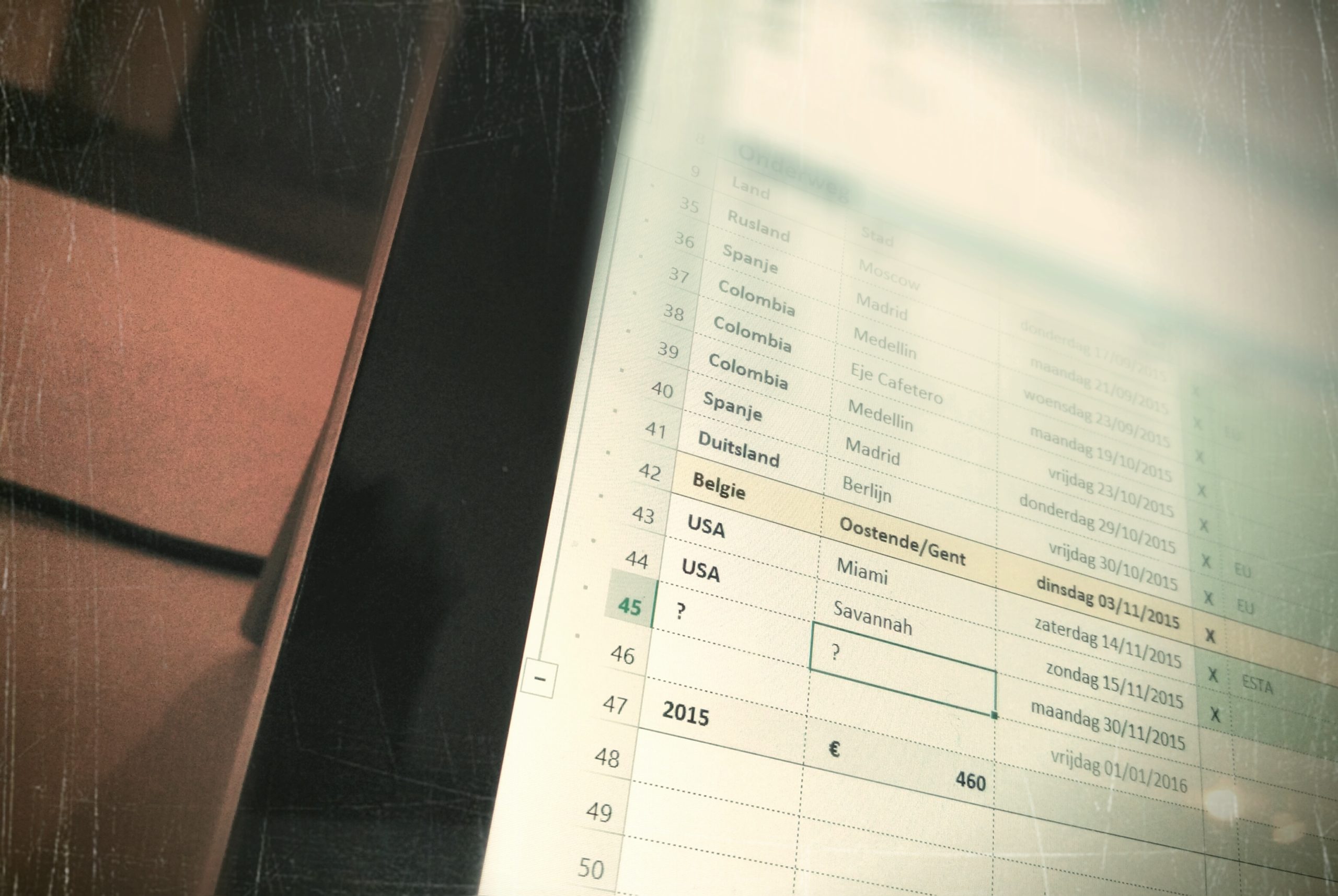It can be a wild ride, budgetwise, spending money left and right on accommodation, flights, taxirides. One moment you’re saving money because someone you met in this hostel one time offered you a mattress on the floor in Brooklyn, and the next you’re hyperventilating in a bag as you spend your weekbudget on a last minute hotel because the timezone on your phone was off and you missed your train. As we see a lot during our travels, there’s a ton of ups and downs in the financial department, depending on our current lifestyle-of-the-week, our location and how prepared we are. But it all averages to something in the end.
Pop quiz: what would we all be doing if we weren’t living our wacky lives on the road, moving from place to place, sponsoring Starbucks as we try to get that virtual ice cream truck business off the ground? That’s right, we’d be sitting at home in our studio apartment watching cooking shows.
Basically, the before and after picture of your transition to nomadism looks like this:
- Before: You live for an extended period of time in a single place paying a certain amount of rent.
- After: You move from place to place, living in each place for short periods. That’s all that changes: you move more often, you don’t stay as long. These are blocks that can last anywhere from a day to several months.
In other words, the rent you would pay living a normal life, gets replaced in your budget by three costs per ‘travel block’, which are:
- Transportation cost: the cost of getting to your next destination. These are your moving costs from the time you leave your previous hostel in Miami, to the moment when you open the door to your Airbnb in Munich. For example: a metro ride to the airport, your flight ticket, and a taxi ride home.
- Accommodation cost: the cost of staying in your place. This is your actual temporary rent, such as the hostel bed, the furnished apartment or the zero dollar a night couch.
- Storage cost: Since you’re on the road, in case you don’t feel like selling or destroying all of the stuff from your past life Ikea-nest, you will need to store it somewhere.
There’s a few options for the storage part of the sum:
- Keeping your homebase apartment alive and ready. If you have paid off and own the apartment this is of course the easiest way to go. If you’re renting, and you’re committed to spending extended time on the road, this is a fairly silly cost, and it might be a good idea to consider one of the following.
- Storage boxes. Look around in your area, there’s probably plenty of options in this department. Where I’m from, in Belgium, I know there are some for the equivalent of 100 USD per month, but this will highly depend on your location.
- Storing it in the attic of friends or family. This is the cheapest, and the one I picked. My stuff is kept safe and sound at my parents place, in my old room’s closets and desk drawers. On paper I look like a manchild who still lives with his parents at 30, but if anyone asks, unofficially I’m a badass.
All the other costs are due to you living your life, so if you’re living an otherwise normal life location independently, these should basically be unaffected. Of course, coffeehouse spendings will differ from place to place, but that’s another story.
Now that we have our costs, we can break out the pocket calculator and do some math (or if you are reading this in the 21st century, use Excel). This is where a little concept called Equivalent Rent comes in. See, all those wildly varying travel costs can be hard to judge, but what the man with the hat down the road can tell you is whether your apartment rent of 750 USD per month is over the top. Equivalent Rent translates all of your travel costs to the rent you would be paying if you’d listened to common sense and just stayed in one place. Here’s sort of a formula for you:
Equivalent Rent = The sum per travel block of (Transportation + Accommodation + Storage) divided by total time on the road [unit: moneys/month]
And now you have your single metric, so you can start playing the game of trying to keep it at an acceptable level. In my case, I am lucky enough to work an offshore job, which puts me in places every so often where accommodation is arranged for me and my costs drop to zero. Other than that, many things can be done to keep both accommodation and transportation cost down, which we will get to in future posts. For me, after a year of playing this game while traveling stupid distances every other month, my Equivalent Rent comes down to less than what I used to pay for my studio apartment in my desk job days. So if you have excuses and worries about starting your nomadic life, I hope this little tip can put some of it in perspective.
We’d love to get everyone’s feedback on this, so give us a shout in the comments section below! What about you, have you used something like Equivalent Rent before? What other metrics do you use to keep your mobile lifestyle in check?




